BLOG CATEGORIES
How Safe Are Your Stairs ?
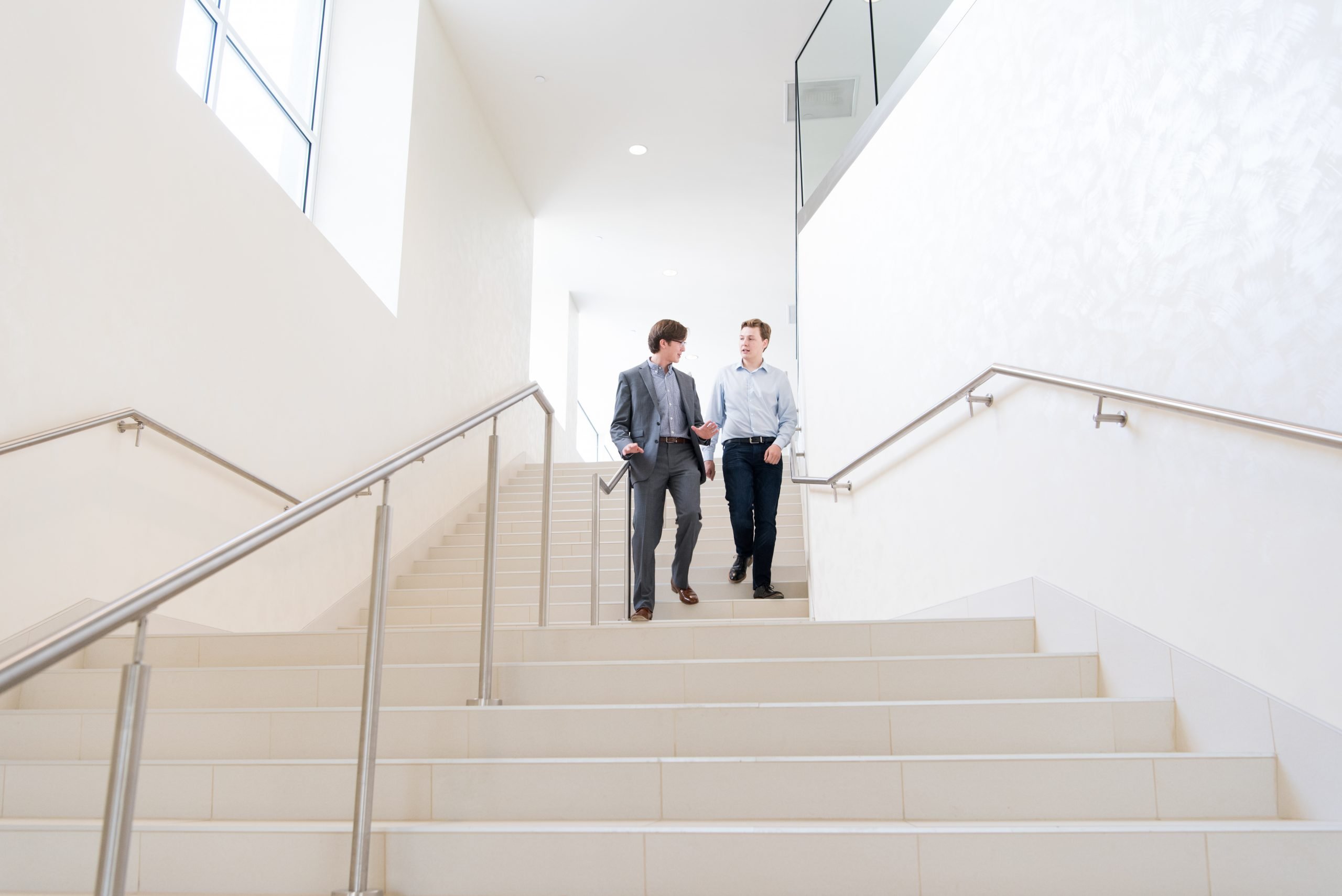
Faulty, unstable stairs can cause code violations and accidents. We don’t often think about stairwells, but for property managers, they require a lot of thought and preventative measures. Read to help ensure stronger, sturdier stairs and stairwells.
It is essential to do a safety check on your stairs and stairwells around this time of year, ideally before the truly icy weather arrives. The winter season can often feel slow and uneventful because most tenants move in during the warmer weather. However, winter is actually a peak time for accidents on properties, particularly slips and falls.
Learn if your stairwells and other aspects of your property are ADA compliant with this free guide >>
The National Safety Council says that over one million injuries occur each year as a result of safety falls. Staircase and stairway accidents constitute the second leading cause of accidental injury, after motor vehicle accidents- each year, there are 12,000 stairway accident-related deaths.
Find out how to improve safety and reduce costs at your property
Our best-in-class emergency phone + monitoring solutions provide peace of mind and are backed by decades of expertise
Learn More
2024 ELLIES WINNER
Best Supplier -
Communication System
To be certain that your stairs and stairwells are safe and strong, keep this checklist front and center:
Be aware of your local building codes.
For instance, some codes require not only handrails, but that they must be of a specific width and height, and must be installed in a certain way. An improperly installed handrail, or a handrail that is not installed at a suitable height, can cause an accident- even if the stairs themselves are in good condition. Building codes can be found at the local library, law library or county building department. Additionally, some local codes will require emergency help phones be provided in the stairwell.
Know all about your risers and runs.
Risers are the vertical part of the steps; runs are the horizontal component. Building codes usually require a maximum and minimum measurement for both risers and runs. If yours are not compliant with building codes, the stairs could be considered defective and in consideration for violation.
What’s your maximum variance?
Building codes will prescribe how much difference is permitted in the height or depth of any one step from the next. When climbing or descending a stairway, our brains will remember how far the last step was in relationship to the current one. If the next step does not meet expectations, we can lose our balance and slip or fall, and the stairs will be considered defective.
Check for loose handrails.
Never assume that your handrails will remain as tightly secured as they were when they were installed. Everyday wear and tear can loosen them. This creates an even higher risk of slips and falls, especially in buildings frequented by children, as they tend hang on them and play with them, further adding to handrail vulnerability.
Monitor stairwell lighting.
Because stairwells are low-occupancy spaces, they are often last on the priority list when it comes to efficient lighting. The most common stairwell lighting (horizontal fluorescent strips that burn 100% of the time) are a great waste of energy, and need to be replaced often. Opt for lower-cost LED lighting, which saves money and energy, and still keeps stairwells sufficiently lit. Learn more energy efficiency techniques for your building.
Maintain stairwell carpeting.
Most people don’t notice that a worn-out carpet, even slightly so, can be the first step toward a slip and fall. Shoes can get caught or unbalanced on an uneven surface. Ribbed stair treads and runners are an alternative to consider.
Add no-slip strips.
These rubberized strips can stop slips and falls in their tracks, especially if your stairs are made of wood or cement. They are often available in multiple sized and colors, including clear, and do not need any screw fasteners.
Make sure the stairs are free of debris.
Clear means clear: no equipment, tools, storage or any other items should be taking up any space on your stairs.
Clear pathways, driveways, and parking lots of ice and snow.
Tenants can bring in the bad weather with them, which can cause accidents for them or other tenants. Make sure all roads that lead to stairwells are clear and free of ice.
Fit your stairwell for emergency communications devices.
Check your building codes: stairwell rescue phones, as well as strobe lights, are now often a mandatory requirement. Stairwell call boxes and other devices like these can save lives. King III’s turnkey solutions provide you with the option for a complete package of code compliant emergency telephone equipment, installation and maintenance, plus 24-hour state of the art monitoring and dispatch services.
For your stairwells and other property areas: Kings III provides all types of emergency phones, as well as installation and maintenance. An additional feature that adds quality and safety to your property: emergency monitoring services. Kings III is there to help when you and your tenants need it.
CATEGORIES TAGGED
ELEVATORS
PROPERTY SAFETY
CATEGORIES
KEEP LEARNING

Honoring the Impact of Asian Pacific American Leaders in Public Safety
This APAHM, Kings III is recognizing Asian Pacific American leaders whose contributions have shaped the landscape of emergency response and communication. From community advocates to heroic first responders, their impact continues to influence how we protect and serve others. Explore the stories of eight influential individuals whose legacies still guide the industry today.

How Kings III Helps You Cut Costs Without Cutting Corners
Managing costs without sacrificing safety is a challenge every property team faces. This blog explores how Kings III’s all-inclusive emergency phone solution helps reduce hidden expenses, simplify operations, and ensure code compliance—all while delivering 24/7 emergency response and peace of mind. From eliminating outdated landline costs to streamlining support, see how you can protect your property and your bottom line.
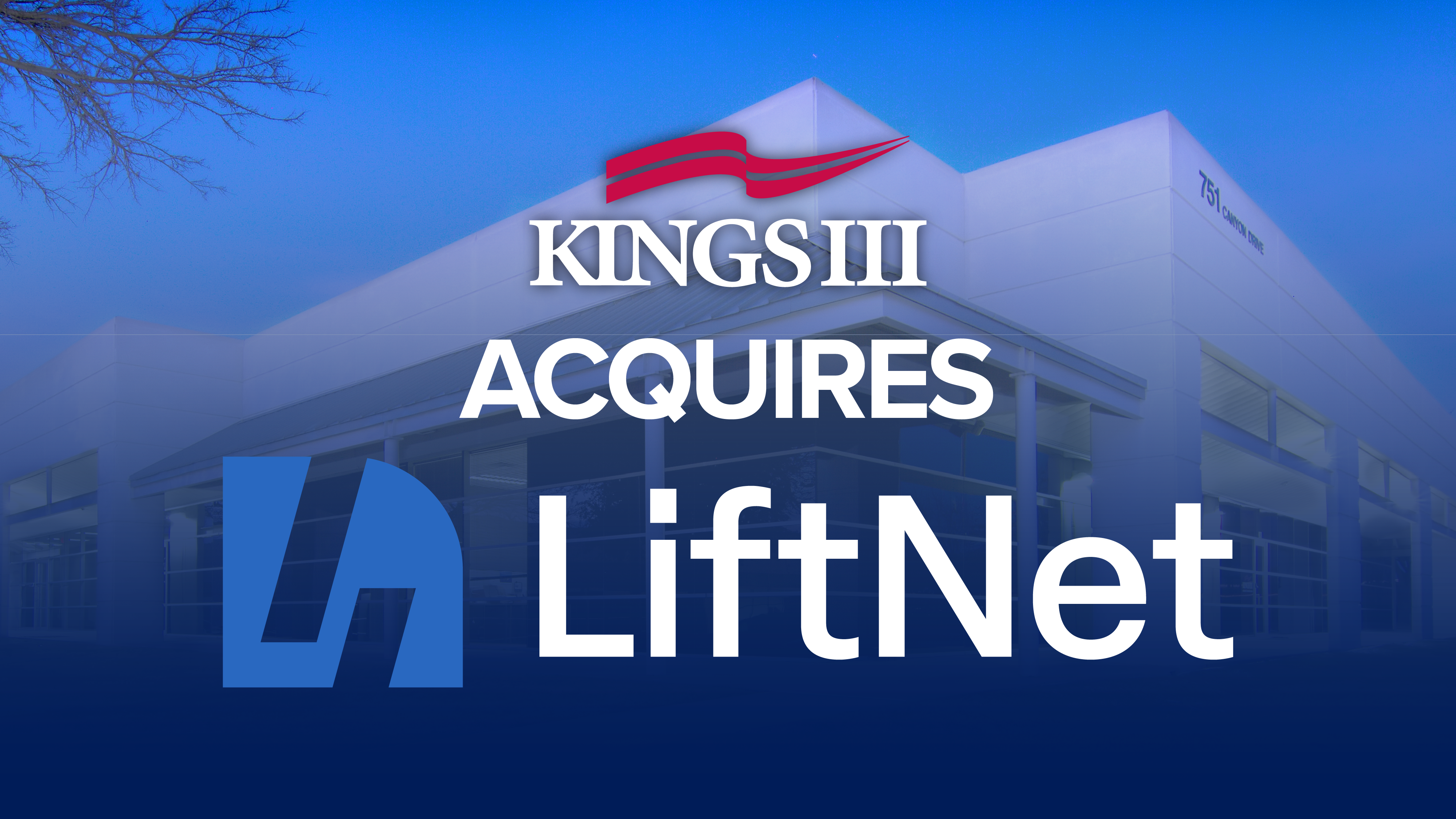
Kings III Acquires LiftNet, Advancing Connected Safety & Remote Monitoring in Elevators and Escalators
Kings III Emergency Communications partners with Wurtec to enhance elevator video messaging systems, addressing new code requirements for two-way displays and video monitoring. The collaboration combines Kings III's emergency response expertise with Wurtec's industry solutions to provide streamlined, compliant elevator safety communications nationwide.
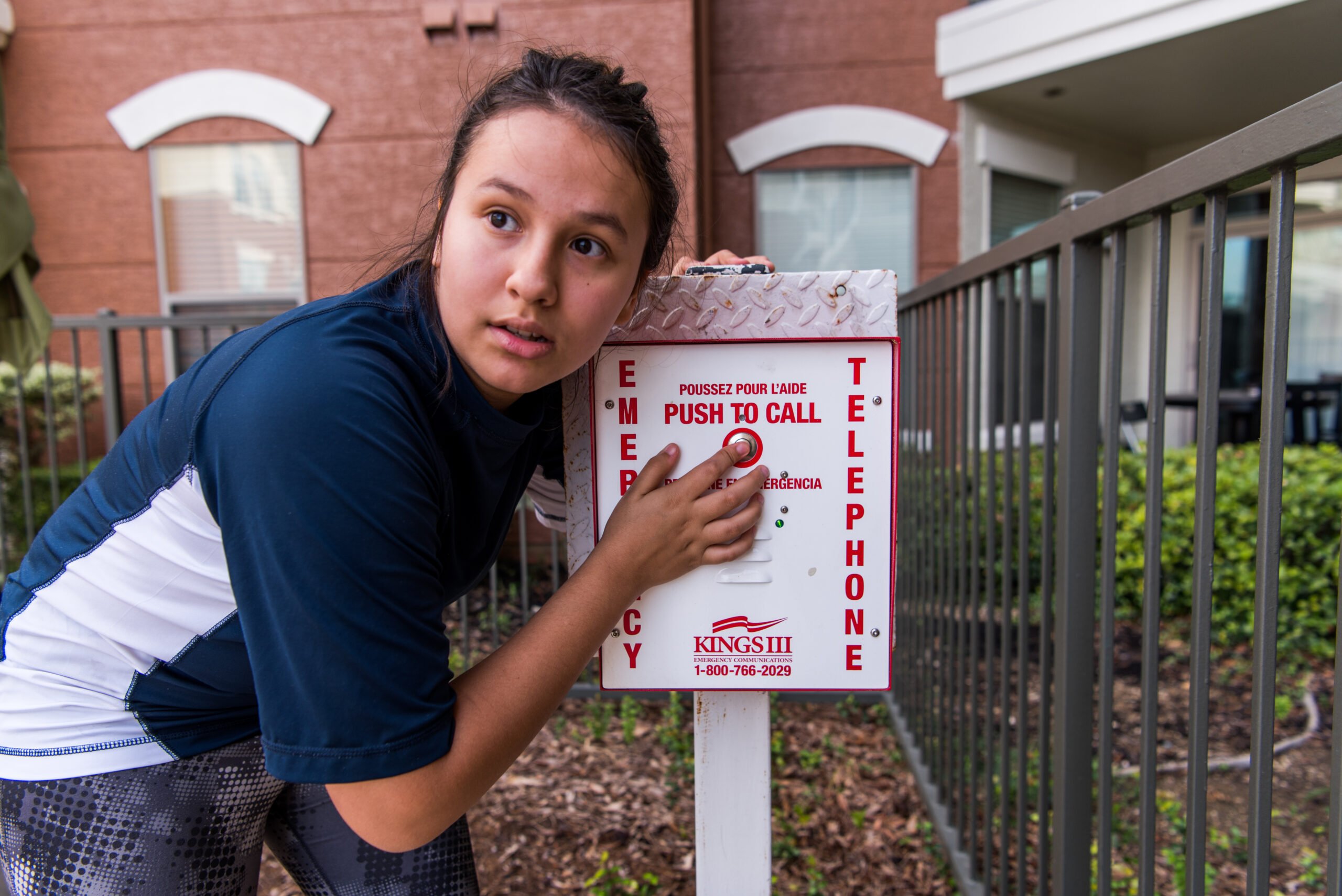
Is Your Pool’s Emergency Phone Compliant? Here’s How to Check (And What to Do If It Isn’t)
Is your pool’s emergency phone truly compliant and ready when it matters most? A reliable, code-compliant emergency phone is more than a regulatory requirement—it’s a critical lifeline that ensures immediate access to help during emergencies. This guide walks you through how to check compliance, properly test your phone, and take the right steps if it doesn’t meet current standards. Whether you're ensuring your current system is up to code or exploring a more dependable solution, we’ll help you navigate the process and safeguard both safety and liability.
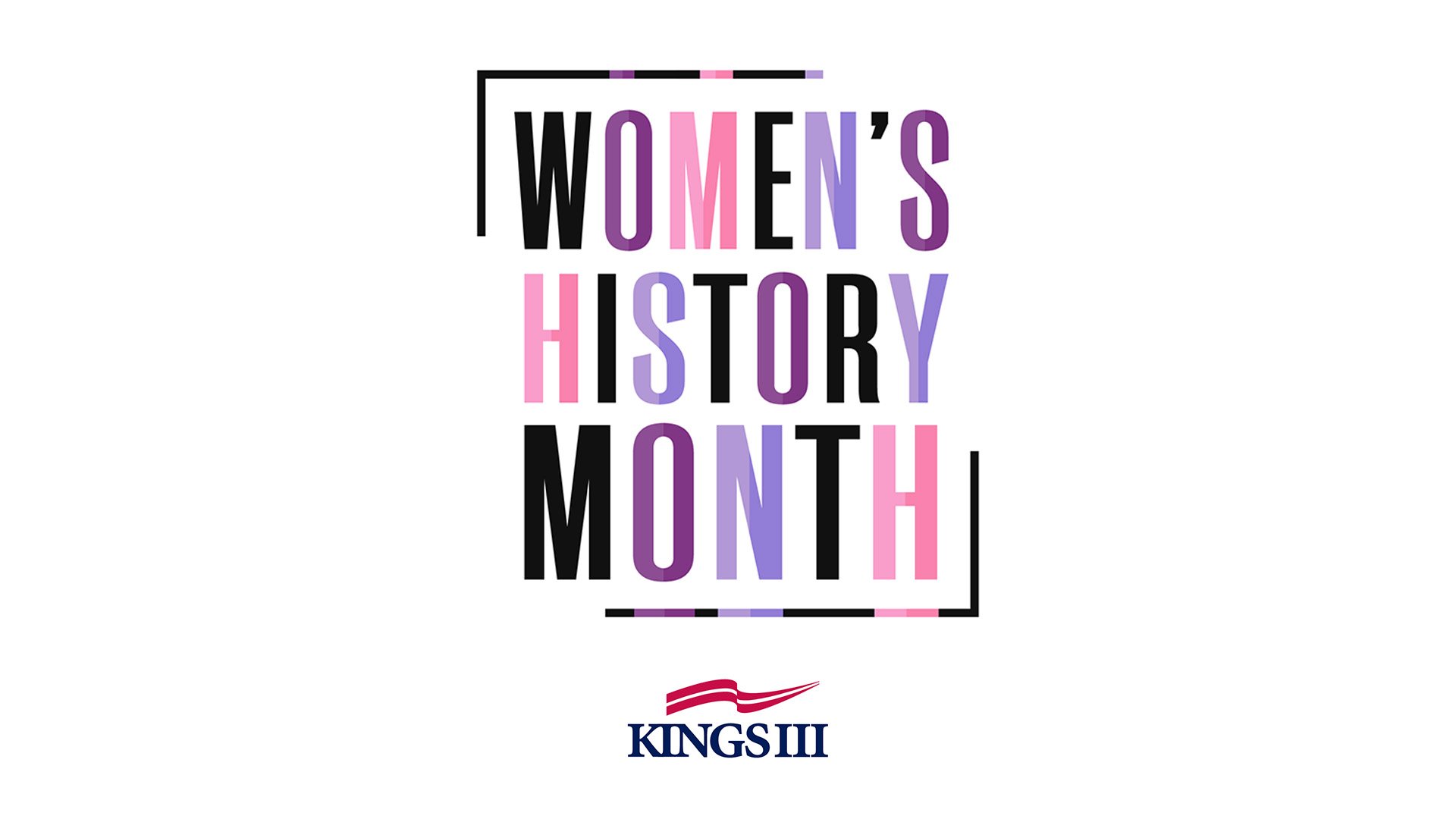
8 Women Who Shaped the Future of Emergency Response & Dispatch
This Women’s History Month, Kings III is honoring the women who have paved the way in emergency response and dispatch. From breaking barriers in EMS to pioneering advancements in emergency communication, these trailblazers have helped shape the way lifesaving services operate today. See eight influential women whose contributions continue to impact the field and inspire future generations.

Honoring Black Pioneers: 7 Influential Figures in Emergency Communications & Response
This Black History Month, Kings III is honoring Black men and women who served as pioneers in the fields of emergency dispatch and emergency response. See 7 influential trailblazers who broke barriers, advanced life-saving technologies, and shaped the way emergency services operate today.

How Recent Spikes in Copper Theft Threaten Your Emergency Communication & What You Can Do About It
Rising copper theft is putting emergency communication systems at risk, leading to potential service outages. Without a reliable backup, property managers may face compliance issues and safety concerns. Learn more about the threat and how a cellular solution can help protect your property.
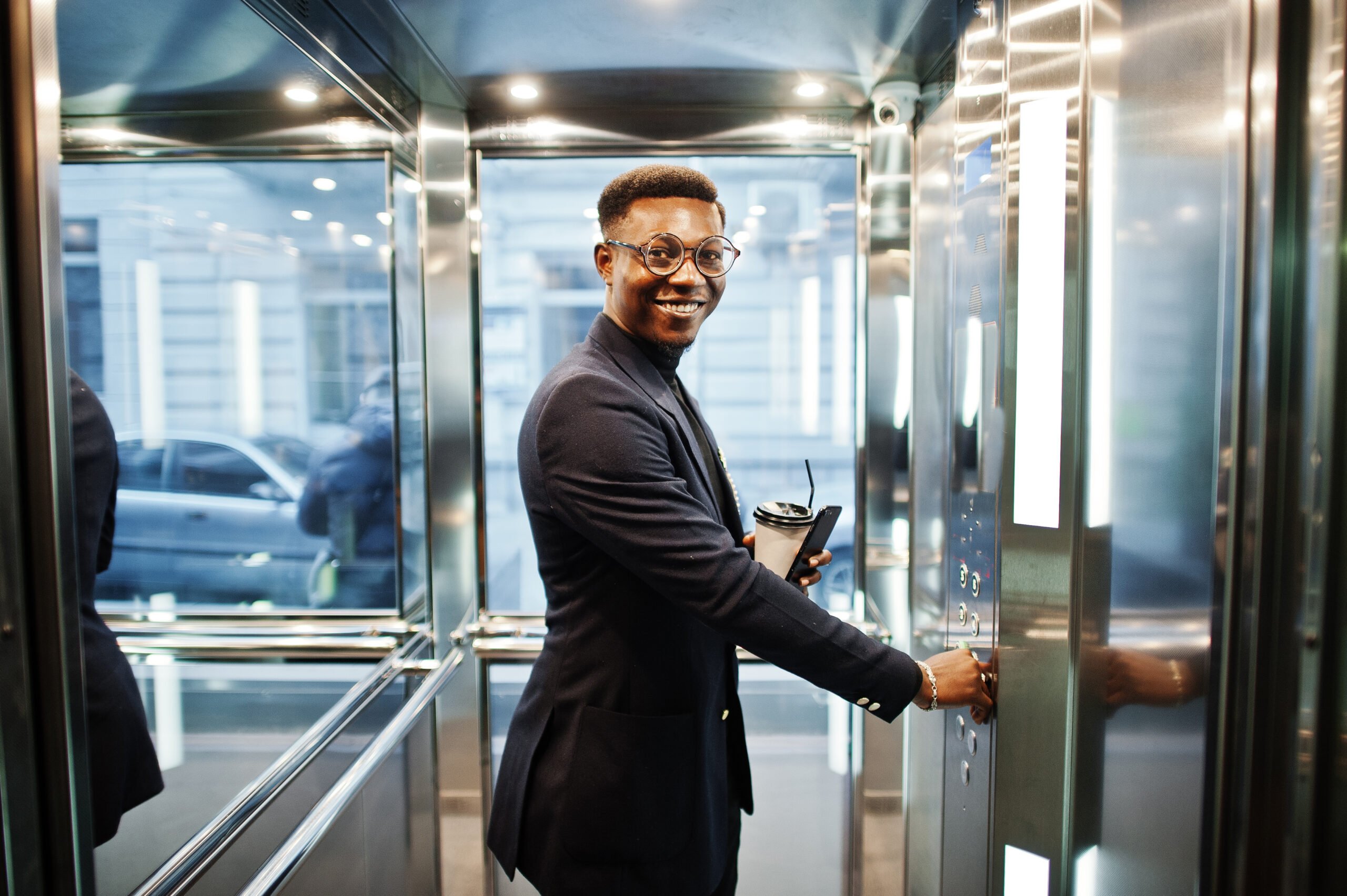
Is Your Hotel’s Emergency Communication System Up to Code?
Hotel emergency communication systems must meet strict safety and compliance standards, but are yours up to code? From elevator phones to pool and parking lot emergency call systems, we break down key requirements and how to ensure your property stays compliant.
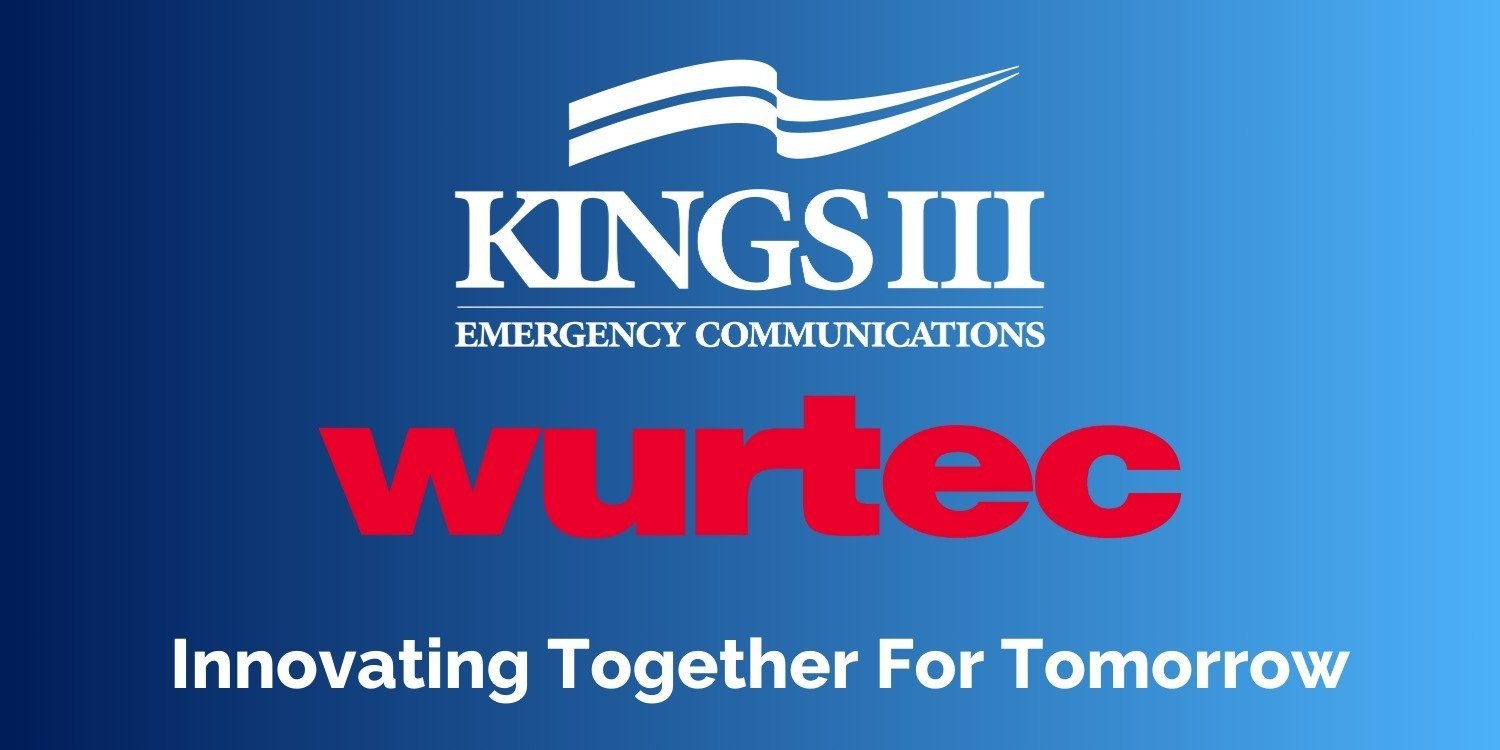
Kings III & Wurtec Partner to Improve the Emergency Communication Market of Elevator Video Messaging Systems
Kings III Emergency Communications partners with Wurtec to enhance elevator video messaging systems, addressing new code requirements for two-way displays and video monitoring. The collaboration combines Kings III's emergency response expertise with Wurtec's industry solutions to provide streamlined, compliant elevator safety communications nationwide.





